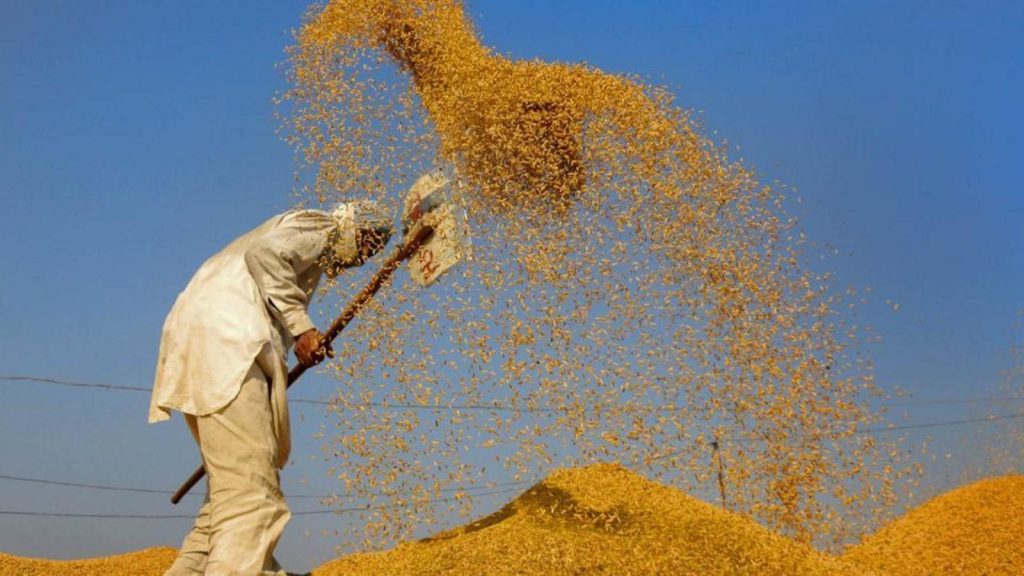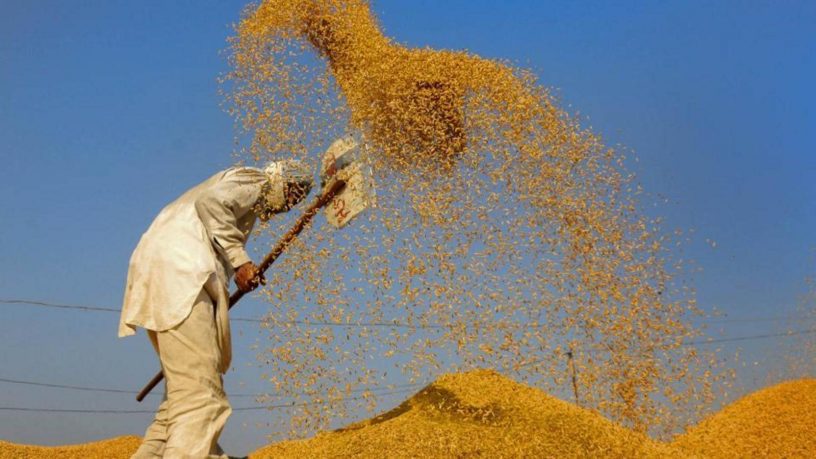
Procurements done for food security purposes should be exempted from inclusion in Aggregate Measurement of Support, provided such food grains are procured transparently. India, as part of G-33, should bargain hard for this at the WTO’s 12th ministerial conference later this year
Author
Prabhash Ranjan, Professor and Vice Dean (Continuing Education), Jindal Global Law School
Summary
Commerce minister Piyush Goyal, while addressing the informal ministerial meeting of a group of 33 countries (G-33), remarked that the Agreement on Agriculture (AoA) at the World Trade Organization (WTO) is riddled with imbalances and tilted against developing countries. The minister is right.
An important area of concern for India and other developing countries is the lack of policy space in AoA to run a food security programme that is sponsored by price support. India runs a food security programme where the government procures food grains from farmers at an administered price (minimum support price or MSP), which is higher than the market price. The food grains so procured are stored and distributed through the public distribution system to the poor. It serves the twin objectives of offering remunerative prices to farmers and providing subsidised food to the underprivileged.
The stockholding and distribution components of the food security programme are not affected by AoA because they fall under the “green box”, which covers those measures that have no or minimal trade-distorting effect. However, the procurement of food grains at MSP falls under the “amber box”, which covers those measures that are trade-distorting. One of the central objectives of AoA is to cut trade-distorting domestic support that member-countries provide to their agriculture. In this regard, WTO member- countries are required to compute Aggregate Measurement of Support (AMS), which is the total of product-specific support (such as price support to a particular crop) and non-product-specific support (such as fertiliser subsidy).
Published in: The Hindustan Times
To read the full article, please click here


